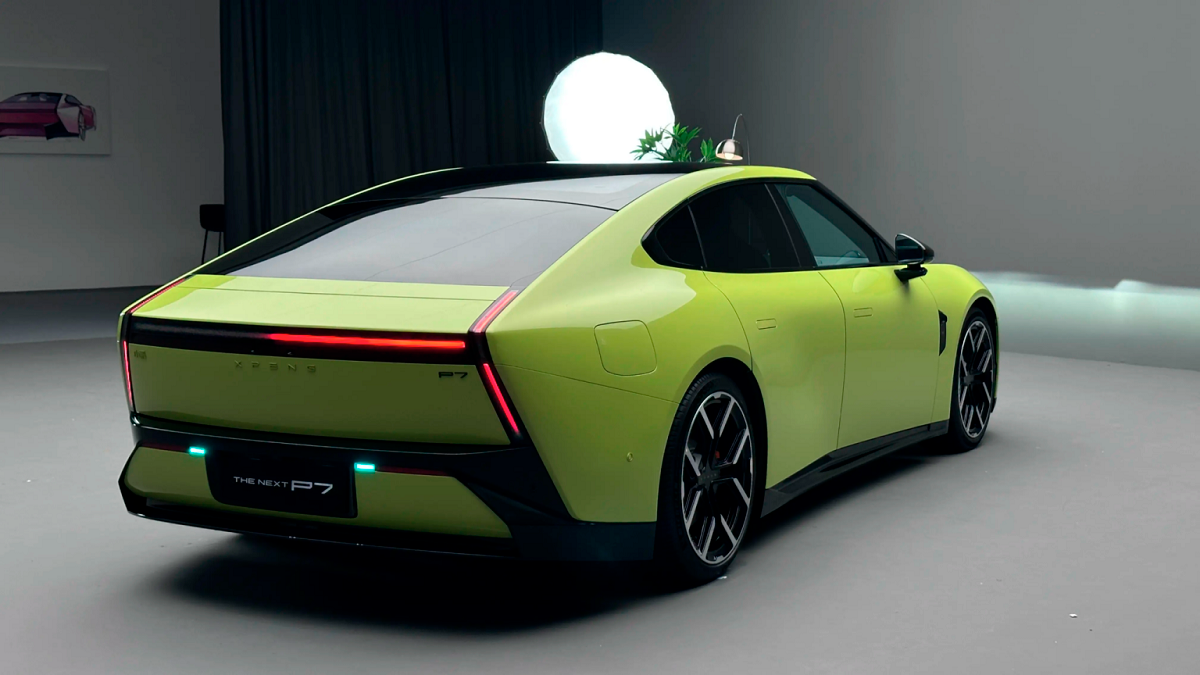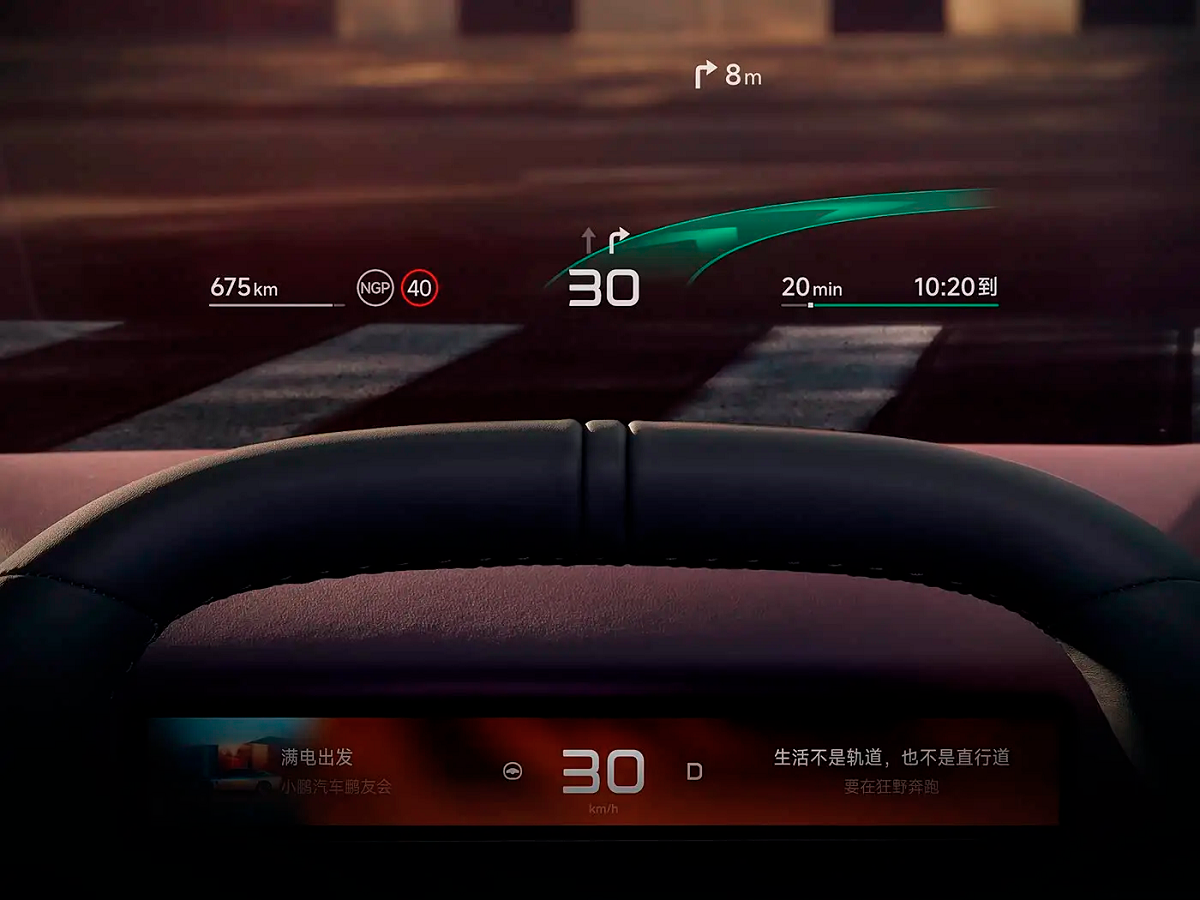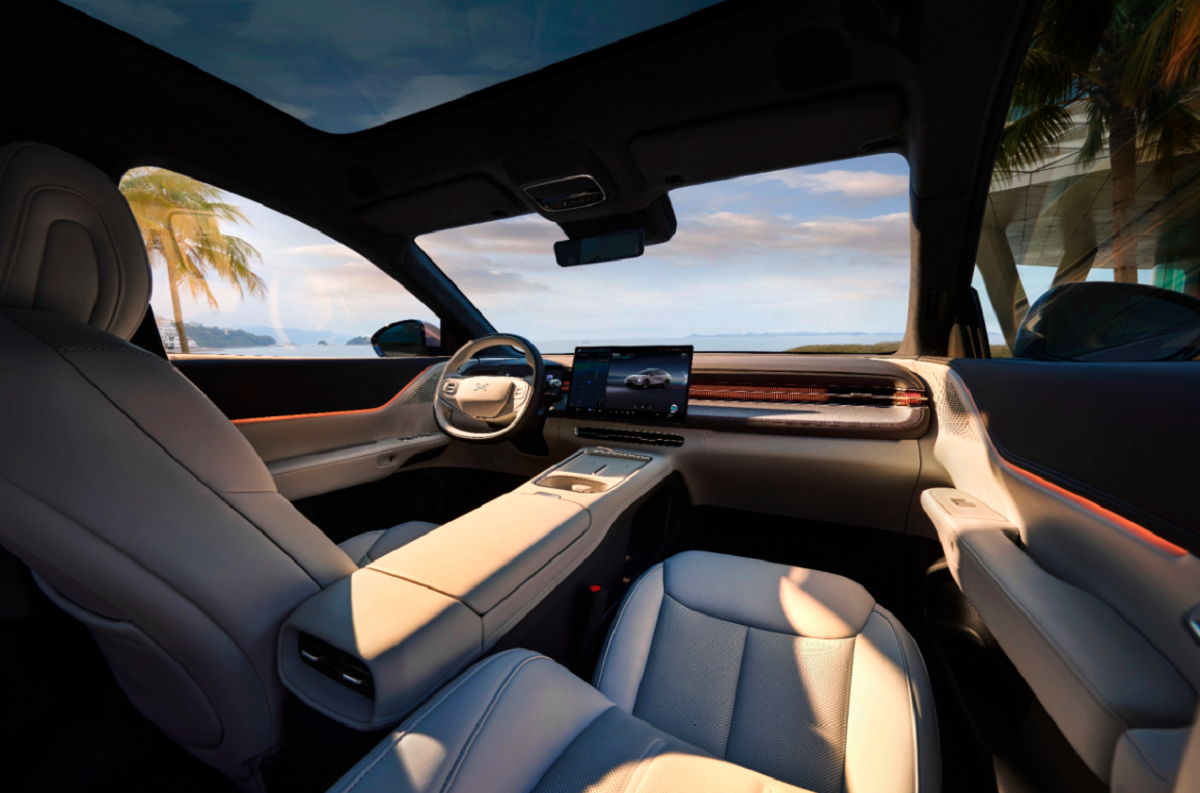Volkswagen is set to introduce Xpeng’s advanced autonomous driving system, known as XNGP, into its next generation of electric vehicles in China starting in 2026. The first model to receive this technology will be a mid-size SUV jointly developed with Xpeng, marking a significant milestone in Volkswagen’s evolving strategy for the Chinese market.
The system, designed by Xpeng and already proven in the company’s own models, will serve as the foundation of Volkswagen’s new approach to localised innovation in the world’s largest EV market.
The German automaker’s collaboration with Xpeng dates back to July 2023, when Volkswagen invested €700 million in the Guangzhou-based EV manufacturer, securing a 4.99% equity stake. The two companies later confirmed that they were co-developing a pair of mid-size electric SUVs, which are both set for release in 2026.
According to CarNewsChina, beyond joint model development, the partnership also includes the creation of a new China Electronic Architecture (CEA) platform, which will become the core electrical and software foundation for Volkswagen’s upcoming EVs built for the Chinese market.
Originally planned exclusively for the two joint SUV models, the CEA architecture has now been designated as the standard system for all future Volkswagen EVs in China. Ralf Brandstätter, Volkswagen AG’s board member for China, previously noted that the new platform would make the company’s EVs more efficient, flexible, and compatible with rapid technological changes in the market.

The move aligns closely with Volkswagen’s “In China, for China” strategy, which focuses on localised development and faster adaptation to consumer trends.
The CEA platform integrates software, hardware, and data management systems to create a unified digital backbone within the vehicle. With Xpeng’s input, Volkswagen aims to shorten its development timelines and streamline costs while delivering EVs that better meet local expectations in terms of connectivity, automation, and performance.
To support this transition, Xpeng will also supply Volkswagen with its Turing AI ADAS chips starting in 2026, which will power the automaker’s driver-assistance features in China.
Testing of the new autonomous system is already underway on Volkswagen’s first co-developed electric SUV. Production is scheduled to begin in 2026, with the XNGP system initially installed only in the two joint models.
Should early results meet expectations, Volkswagen plans to expand the integration across its wider Chinese EV line-up. The companies have not yet confirmed whether the XNGP branding will appear on Volkswagen vehicles, maintaining a low profile as development continues.
XNGP represents one of the most advanced driver assistance systems in the industry, capable of operating without high-definition maps. Unlike conventional systems that rely heavily on preloaded navigation data, XNGP uses vision-based perception to interpret and respond to real-world driving environments dynamically—similar in ambition to Tesla’s Full Self-Driving technology.

Volkswagen’s in-house software arm, Cariad China, has been leading the integration of Xpeng’s systems into the new platform. Initially created to localise Volkswagen’s global software solutions, Cariad China has shifted its role in line with the automaker’s broader restructuring of its software strategy.
Chief Executive Officer Oliver Blume recently announced that Volkswagen would discontinue in-house software development under Cariad, instead focusing on collaboration with external tech specialists such as Xpeng in China and Rivian in the United States.
This strategic pivot marks a major shift in Volkswagen’s technological direction, moving away from internal software creation toward strategic partnerships that leverage the expertise of established innovators. For the Chinese market, that means Xpeng’s XNGP will be central to Volkswagen’s next chapter—offering drivers a more intelligent, intuitive, and localised autonomous experience that blends German engineering with Chinese smart technology.









